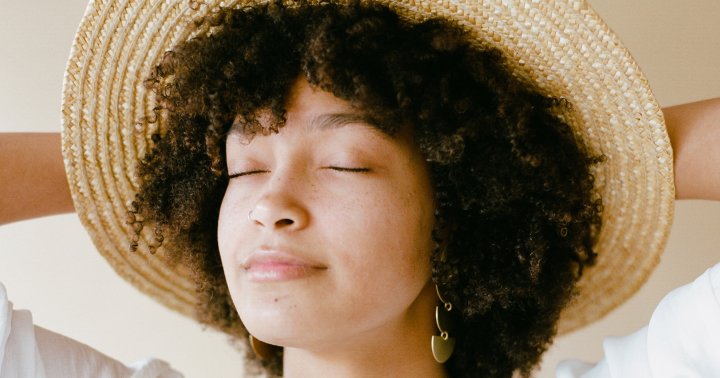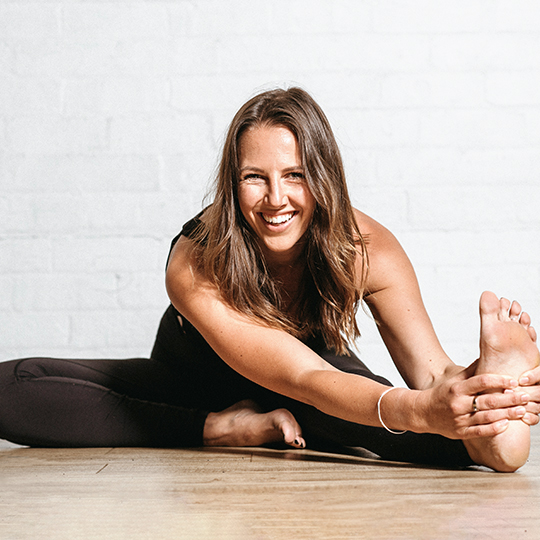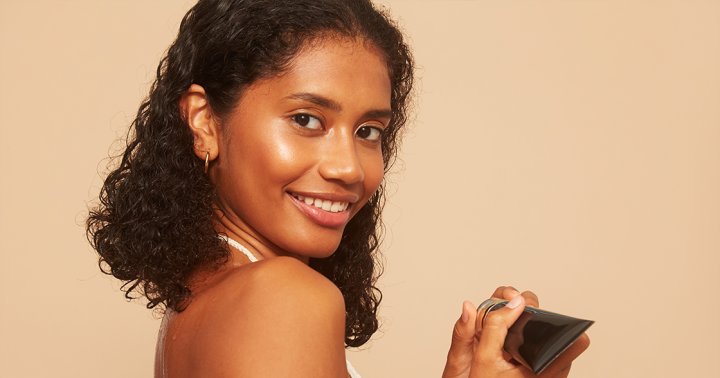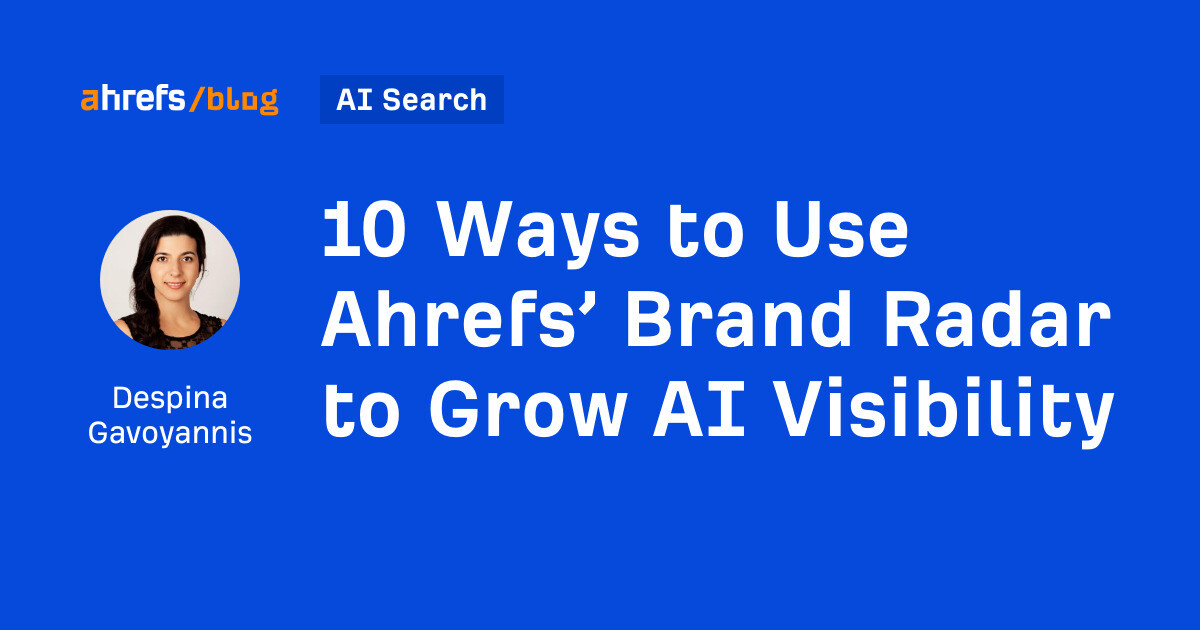Why Belonging Is So Difficult for Survivors of Domestic Abuse
“Our sense of belonging can never be greater than our level of self-acceptance.” ~Brené Brown Sitting there watching The Greatest Showman, with tears pouring down my face, I asked myself why does this song, in fact this whole …...
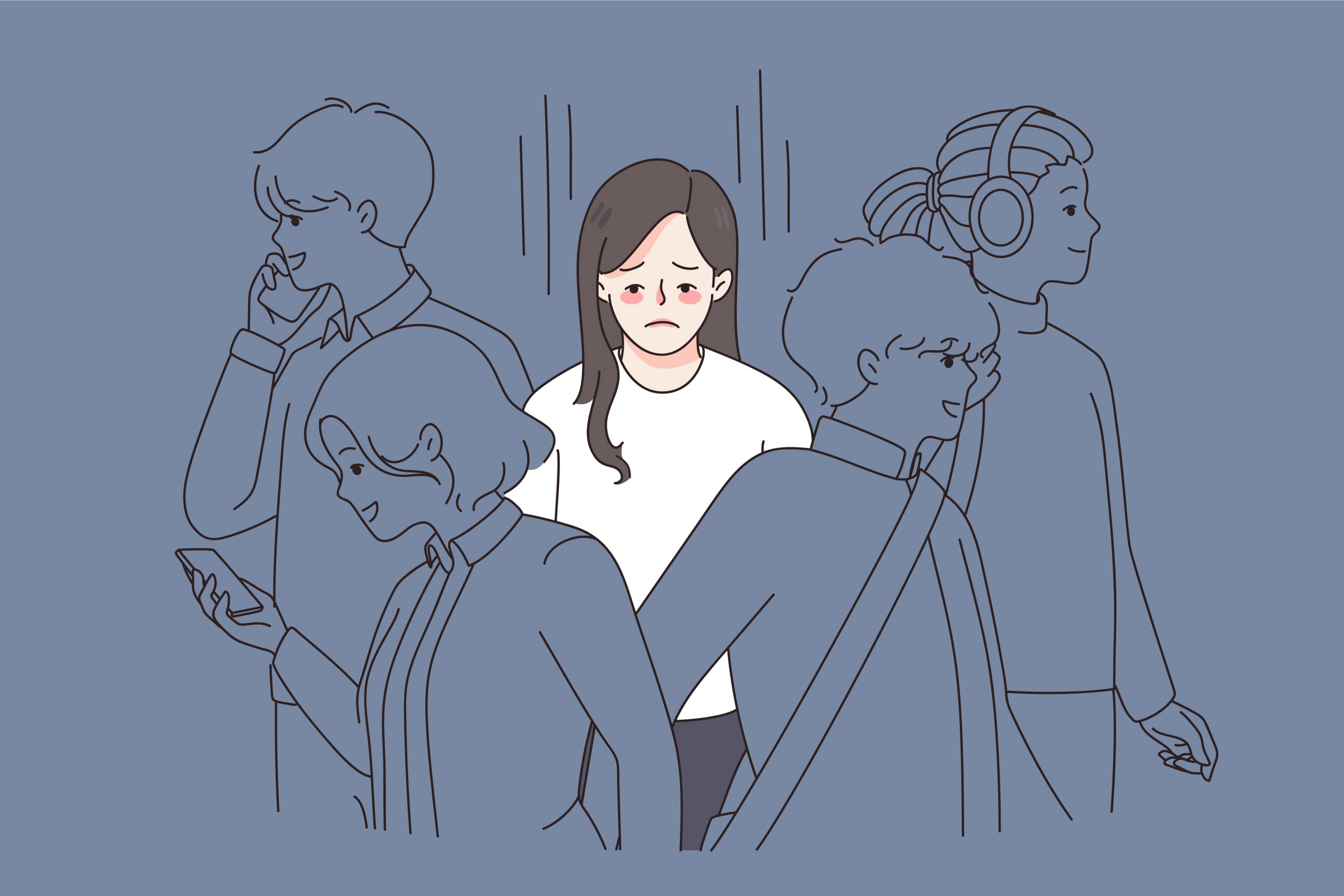

“Our sense of belonging can never be greater than our level of self-acceptance.” ~Brené Brown
Sitting there watching The Greatest Showman, with tears pouring down my face, I asked myself why does this song, in fact this whole film, make me cry so much? Why does it evoke so much emotion in me?
“I am brave,
I am bruised,
I am who I’m meant to be.
This is ME.”
“Look out cos here I come,
And I’m marching on to the beat I drum,
I’m not scared to be seen,
I make no apologies.
This is ME.”
I am brave, I am bruised, and I know, after many years of working on myself, that I am who I am meant to be. But if I am honest, I am still not marching to the beat of my drum, I am still scared to be seen, and I am still apologizing.
The reason why this film makes me so emotional is because it brings up emotional scars that have still not fully healed. It highlights a part of me that still needs work. I watch these people who have lived their lives as outcasts and have never before found somewhere they belong, and I empathize.
I have never been cast out of anywhere. I grew up in a stable, loving family, but I am familiar with the feeling of not belonging because for many years I have been scared to show the real me.
This fear or inability to be me started the minute my ex pushed me over for voicing my opinion and trying to argue my point. It grew with every punch, kick, threat, humiliation, criticism, and brush off. It grew as the secrets I was keeping mounted up, as the lies I was telling became bigger and bigger.
From the moment my relationship became abusive I did not belong anywhere because I was no longer free to be me.
I hid what was going on, and when it was obvious something was happening because of the bruises, I made light of it and played it down.
I withdrew from myself, becoming just a shell of a person. When I was at home with my partner, I was who he expected me to be; when I was with my family, I tried to be just like them. When I was at work, I was who I thought they wanted me to be.
I found some sense of belonging when I gave birth to my first son. As I lay there in hospital with him in my arms this new feeling came over me—nothing else mattered apart from this wonderful little person. However, I quickly learned to be the mum my partner wanted me to be rather than the mum I wanted to be, and that broke my heart.
Friends disappeared, work colleagues were unsure how to treat me, and on the one occasion I reached out for help (to one of my son’s teachers), I was brushed off. It was a private school, and domestic abuse was not something that was part of their agenda. I did not belong there.
When I finally left for good, I turned up to a women’s refuge, with my seven-year-old son, in a place that I did not know, miles away from my family and friends. I thought that was it, that all my pain was going to stop. While the physical pain obviously stopped, the pain on the inside has taken much longer to heal.
Over fifteen years later, after years of inner work and a happy marriage, I still do not feel that I belong in many places. This is because I am still holding myself back from being me.
My self-preservation tendencies, which were once so vital for my survival, are now holding me back. The fear that kept me on high alert, that helped me to evaluate my words and actions before speaking or acting, to keep me safe, was so strong that even after all these years, it is still there.
What if I do something to upset my husband, will he leave me?
If I voice an opinion that is different to someone else’s, will they brush me off and think I am stupid or stop liking me?
What if I say something and open myself up and no one cares or listens? That will just make me feel worthless and unimportant again.
If I do what I really want to do and get it wrong or fail, others will think I am useless.
Why would anyone want to listen to what I say?
Making decisions that everyone agrees with means I am doing the right thing, even if I am not sure that is what I want.
This fear has prevented me from finding places I belong.
Yes, I fit in wherever I go because I speak and act in a way that suits the situation, that ties in with everyone else. I sit on the fence and do my best to understand and accept everyone’s point of view without voicing my own because then everyone will like me, and I will not get hurt.
But just fitting in is not good for your self-esteem. It just cements the belief that you need to hide the real you.
Being a good communicator involves adapting to suit the environment and situation that you are in, but it should not be at the expense of your own values and opinions, which are just as important as everyone else’s. Pleasing everyone else at the expense of yourself means that you are not giving them the best of you, because that can only come from being wholly and truly YOU.
As a result of domestic abuse, I suffer from low self-esteem. It has got a lot better over the years, but it still pops up now and again.
I go through times when my self-love and self-worth are purely based on what others think of me. One unkind word, one difference of opinion, one moment of feeling ignored has me plummeting into the depths of self-hatred and self-doubt.
It normally happens when I meet someone new or join a new group. I am overly concerned with what they think of me, so I mold myself into someone I think they want me to be, ensuring that they like me. I still hold back now and again with my husband, preventing a disagreement that could potentially result in him deciding he doesn’t love me anymore.
The truth is, everyone who meets you genuinely wants to meet the real you. The best YOU is the authentic, bruised, brave, perfectly imperfect you.
There are times when I genuinely feel that I belong, when I feel comfortable being my funny, hyper, jokey self, when I can speak up and voice my opinion, when I have the confidence to make a mistake and to listen to and act on my intuition.
At these times I feel content, my head is not working on overdrive trying to figure out what I should say and do, my heart is open, and I feel safe to be me. And I know that during these times I am able to give the best of me. These are the times when I feel I am just as important as everyone else. When I feel that I am an equal.
I want to feel like this all of the time! I don’t want to just fit in. I want to belong wherever I go. I want to march to the beat of my own drum. I want to fulfill my potential and be all I can be.
I know, however, that there is only one place I truly need to belong and feel safe to be me, and that is within.
I need to know who I am, what I want, what I like, and what I don’t like. I need to be clear on what my values are and what my dreams and aspirations are. I need to be honest with myself about how I am feeling. I need to work on that overpowering self-preservation mode that is still on autopilot by recognizing that I am safe, that I will not get hurt if I open up and let my true self out.
I need to give myself a break from the ridiculously high expectations I have of myself and treat myself with compassion and respect. I need to love and accept myself for who I am, not just when I have achieved something.
Only then will I truly belong, will I be able to unapologetically be me and shout from the rooftops “THIS IS ME!”
![]()
About Lisa Johnson
Lisa Johnson uses a combination of life experience, life coaching and mBIT coaching to support women survivors of domestic abuse put their pasts behind them and move forwards with confidence and a smile. She is currently writing her first book and posts regular blogs on Pearl Lifestyles with the aim of empowering survivors to rediscover their true selves and enjoy happy, fulfilling relationships, starting with the one they have with themselves.
See a typo or inaccuracy? Please contact us so we can fix it!

 ShanonG
ShanonG 







